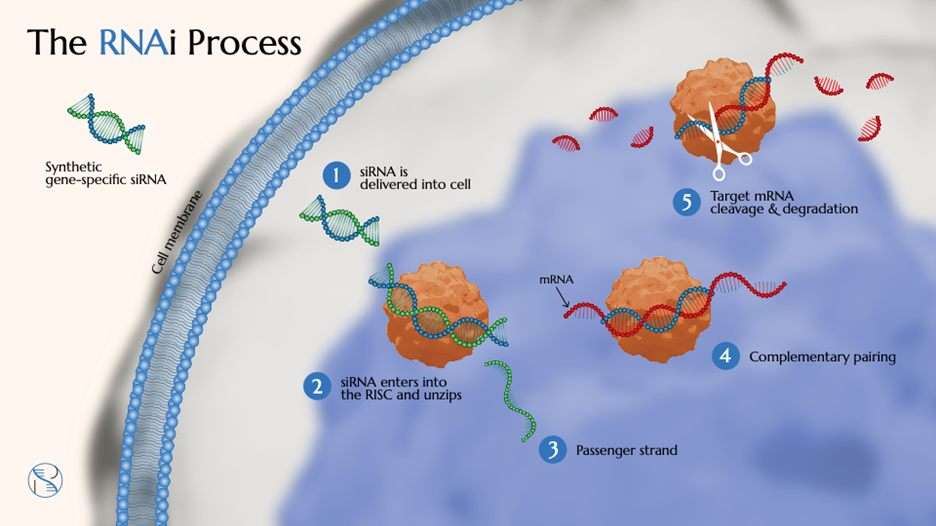Research at the School of Chemistry, Chemical Engineering and Biotechnology spans a wide spectrum of topics, with special strengths in the following areas:
Chemistry
Synthetic chemistry, biological and medicinal chemistry, imaging and sensing, main group chemistry, and femtochemistry.
Chemical Engineering
Catalysis and reaction engineering, colloids and interface sciences, energy technologies, and process systems engineering.
Biotechnology and Synthetic Biology
Bioprocess, biocatalysis, bacteriology, protein engineering and systems biology.
Food Science & Technology
Sustainable food production, processing technology, food safety, and functional food.
Translational Healthcare and Biomedical Technology
Biomaterials, biomedical device, bioimaging, monitoring technologies, and medical diagnostic, therapeutic, and prosthetic devices.
Research Highlights

Unveiling the world’s first RNA-based scar prevention microneedle patch
Associate Professor Timothy Tan from the School of Chemistry, Chemical Engineering and Biotechnology at NTU in collaboration with Associate Professor Tey Hong Liang, Co-Director of the Skin Diseases Programme at the National Skin Centre, Singapore, have developed the world’s first activated-siRNA dissolving microneedle patch for pathological scars such as hypertrophic scars and keloids.
Gene silencing RNA (siRNA) is a potent candidate for preventing and treating diseases that currently do not have good therapies or are undruggable using conventional drugs. Through silencing specific gene expressions, the overproduction of certain proteins linked to diseases can be significantly reduced, thus treating the diseases. An overview of the RNA interference (RNAi) process is outlined in Figure 1. However, siRNA is unstable and is easily degraded by RNAses found naturally in bodily fluids.
Overcoming the problems of siRNAs stability, Professor Timothy Tan and his team successfully developed siRNA nanoplexes using a proprietary platform technology to protect and deliver siRNA. By embedding the siRNA nanoplex into dissolving hyaluronic acid microneedle tips, this technology allows painless transdermal delivery, overcoming the skin barrier and achieving cell targeting and gene silencing (Figure 2). For pathological scar treatment, gene silencing siRNA targeting collagen production is used to prevent over-accumulation of collagen and scar formation. The proprietary siRNA nanoplex also consists of a specific motif to target skin fibroblasts, which are the main cells in the skin that produce collagen.
After filing a patent for their work, Professor Timothy Tan and his team founded RNAscence Biotech Pte. Ltd. to commercialize their inaugural product, Renectin Antiscar. Renectin Antiscar is clinically and dermatologically tested with proven effectiveness in reducing scar volume by 79%, with 7 in 10 patients having better outcome than current standard of care. Scientifically proven to reduce excess collagen formation, this product empowers patients to provide self-care and will be the first of its kind globally when it launches this year. The scientists are exploring other uses for their invention for skin diseases of which current treatment options are either lacking or inconvenient for patients. The team converged to host a booth at the Art and Science of Medicine Festival 2023 organized by the Lee Kong Chian School of Medicine (LKCMedicine) at HDB Hub on 18 March 2023 (Figure 3).











